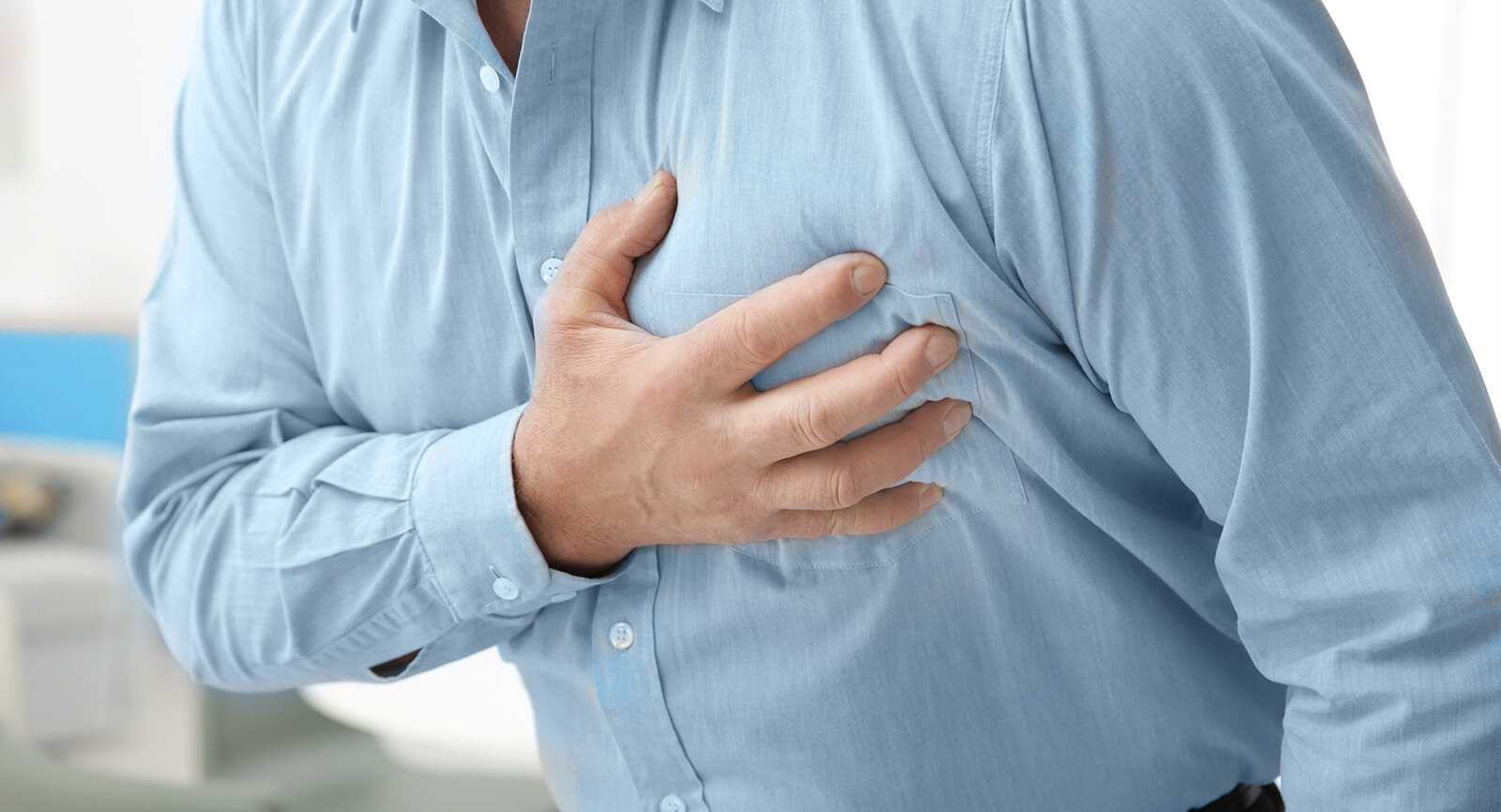
Signs Of A Heart Attack: Recognizing The Warning Signs And Taking Action

Heart attacks are serious medical emergencies that require immediate attention. Recognizing the warning signs and taking prompt action can make a life-saving difference. But how do you know if you or someone else is having a heart attack? Let’s dive into the details. If you are looking for a heart treatment in Seawoods do consider Dr. Kalkekar's CURA Advanced Cardiac Clinic for an effective solution for your heart.
Importance of Recognizing Heart Attack Signs
Understanding the signs of a heart attack is crucial as it enables timely medical intervention. Delaying treatment can lead to severe complications and even death. Being aware of the symptoms can help you act quickly and potentially save a life.
What is a Heart Attack?
A heart attack, also known as myocardial infarction, occurs when blood flow to a section of the heart muscle becomes blocked. Without immediate intervention, the affected heart tissue can die due to lack of oxygen.
Understanding the Basics
The heart works tirelessly to pump blood throughout the body. When a coronary artery becomes blocked, it interrupts this vital process, leading to a heart attack. Recognizing the signs early can help in seeking timely medical care.
Common Signs and Symptoms
Recognizing the symptoms of a heart attack is essential for timely intervention. Here are some of the most common signs to watch out for:
Chest Pain or Discomfort
One of the most prominent signs of a heart attack is chest pain or discomfort. It may feel like pressure, tightness, or a squeezing sensation in the chest that can last for a few minutes or come and go.
Shortness of Breath
Feeling breathless or experiencing difficulty breathing can also be a sign of a heart attack. This symptom may occur with or without chest pain and can be accompanied by other discomforts.
Pain in Other Areas of the Body
Pain or discomfort may also be felt in other areas of the body, including the arms, back, neck, jaw, or stomach. These symptoms can vary from person to person and may come and go.
Other Symptoms to Watch For
Other warning signs of a heart attack include nausea, lightheadedness, cold sweats, and fatigue. Pay attention to these symptoms, especially if they occur suddenly and are severe.
Risk Factors for Heart Attacks
Understanding the risk factors for heart attacks can help you take proactive steps to reduce your chances of experiencing one.
Lifestyle Choices
Poor lifestyle choices, such as smoking, unhealthy diet, lack of exercise, and excessive alcohol consumption, can increase the risk of heart attacks. Making healthier choices can significantly lower your risk.
Medical Conditions
Certain medical conditions, including high blood pressure, high cholesterol, diabetes, and obesity, can also increase the risk of heart attacks. Managing these conditions through proper treatment and regular check-ups is crucial for heart health.
When to Seek Emergency Help
If you or someone else is experiencing symptoms of a heart attack, it's essential to seek emergency medical help immediately.
Acting Quickly Can Save Lives
Time is of the essence when it comes to heart attacks. Acting quickly and calling for emergency medical assistance can make a life-saving difference. Don't hesitate to seek help if you suspect a heart attack.
Prevention and Lifestyle Changes
Prevention is key when it comes to heart health. Making positive lifestyle changes can significantly reduce your risk of heart attacks.
Importance of a Healthy Diet
A balanced and nutritious diet plays a crucial role in maintaining heart health. Incorporating fruits, vegetables, whole grains, and lean proteins into your diet can help lower cholesterol levels and blood pressure.
Regular Exercise and Physical Activity
Engaging in regular exercise and physical activity can also benefit heart health. Aim for at least 150 minutes of moderate-intensity exercise per week to keep your heart strong and healthy.
Conclusion
Recognizing the signs of a heart attack and taking prompt action is crucial for saving lives. By understanding the symptoms, risk factors, and preventive measures, you can take control of your heart health and lead a healthier, happier life.
FAQs
Q: What are the most common signs of a heart attack?
Chest pain or discomfort, shortness of breath, and pain in other areas of the body are some of the most common signs of a heart attack.
Q: What should I do if I suspect a heart attack?
If you suspect a heart attack, seek emergency medical help immediately by calling your local emergency number or going to the nearest emergency room.
Q: Can lifestyle changes reduce the risk of heart attacks?
Yes, making healthier lifestyle choices, such as quitting smoking, adopting a balanced diet, and engaging in regular exercise, can significantly reduce the risk of heart attacks.
Q: Are there any medical conditions that increase the risk of heart attacks?
Yes, medical conditions like high blood pressure, high cholesterol, diabetes, and obesity can increase the risk of heart attacks.
Q: How important is early intervention in treating heart attacks?
Early intervention is crucial in treating heart attacks as it can help prevent further damage to the heart muscle and improve the chances of recovery.
Author Bio
Article Comments
No Comments!
At present there are zero comments on this article.
Why not be the first to make a comment?
Similar Articles
Search Pages
User Upgrade
account to full use of editor,
Including hyperlinks
Article Categories
There are zero sub-categories in this parent category.
There are zero sub-categories in this parent category.

















